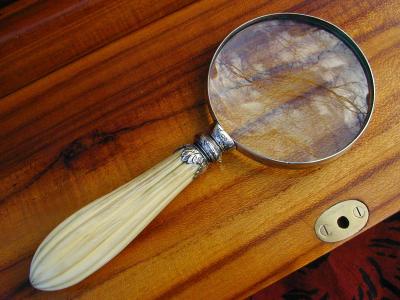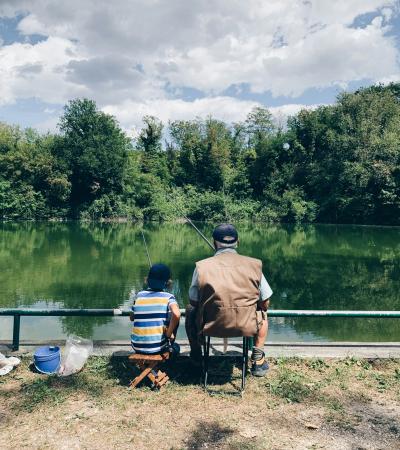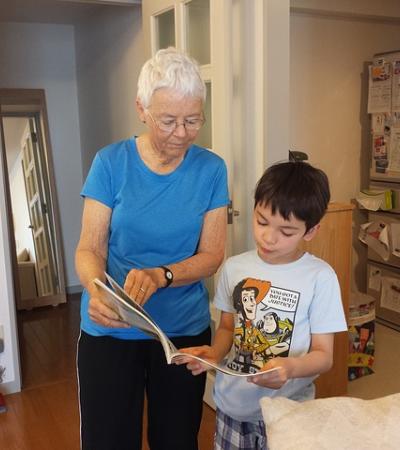Library databases are wonderful places for patrons to begin their genealogical journey — but what happens when they’ve exhausted their Ancestry.com search? And what will they do with all of the information they’ve acquired? With so many national observances honoring heritage, it’s always a good time to offer programs that help patrons trace their roots and showcase their histories. Here are four ways you can empower your patrons to tell their stories through programming.

Learning Their History
Record-holding institutions — ranging from local churches to state archives — can assist patrons in tracking their histories. Recently, the Maryland State Archives hosted a Virtual Brick Wall program in which people could ask for genealogy assistance on the Archives’ Facebook page. Archivists were standing by and would respond to each post with some possible next steps. The program was well-attended, with over 100 questions answered during a three-hour session. It was also a unique opportunity for the Archives to promote their tools. What local organizations could your library partner with to showcase their own genealogy resources? Also think about specific organizations that have a focus on a singular heritage.
Preserving Their History
Once a patron starts collecting clippings and photos, they’ll begin to amass a lot of stuff. Librarians know the unfortunate truth of paper — it doesn’t last forever. Offer a class that shows patrons how to preserve their family photos digitally. Can you provide uninterrupted time during the program for patrons to scan some of their photos and get the process started? Take a look at the Library of Congress’ personal archiving resources to jog ideas.
Sharing Their History
They’ve gathered their obituaries, examined countless photos, and talked to their relatives to complete that family tree. What can they do with all this information? New York Public Library offers a class on how to write a formal family history, but even a class on blogging can help get patrons started in telling their story. You may even be interested in making equipment available to patrons to document stories orally. For more information on how to make this a reality, check out Programming Librarian’s free webinar, Oral History @ Your Library.
Listening to History
What was the last book that inspired you to do more of your own research? Inspire your patrons to dig into their own histories with a book-pairing program for historical biographies. Not sure where to start? Amazon offers a well-categorized list for browsing. No matter how far back a patron has traced their roots, there’s sure to be an inspirational read to go with it.
How have you inspired your patrons to trace and share their stories?



